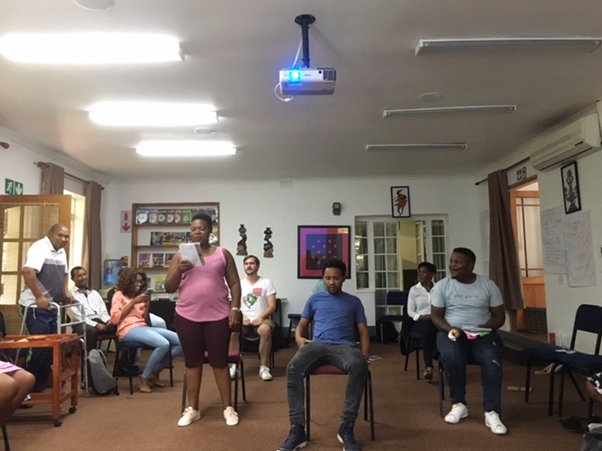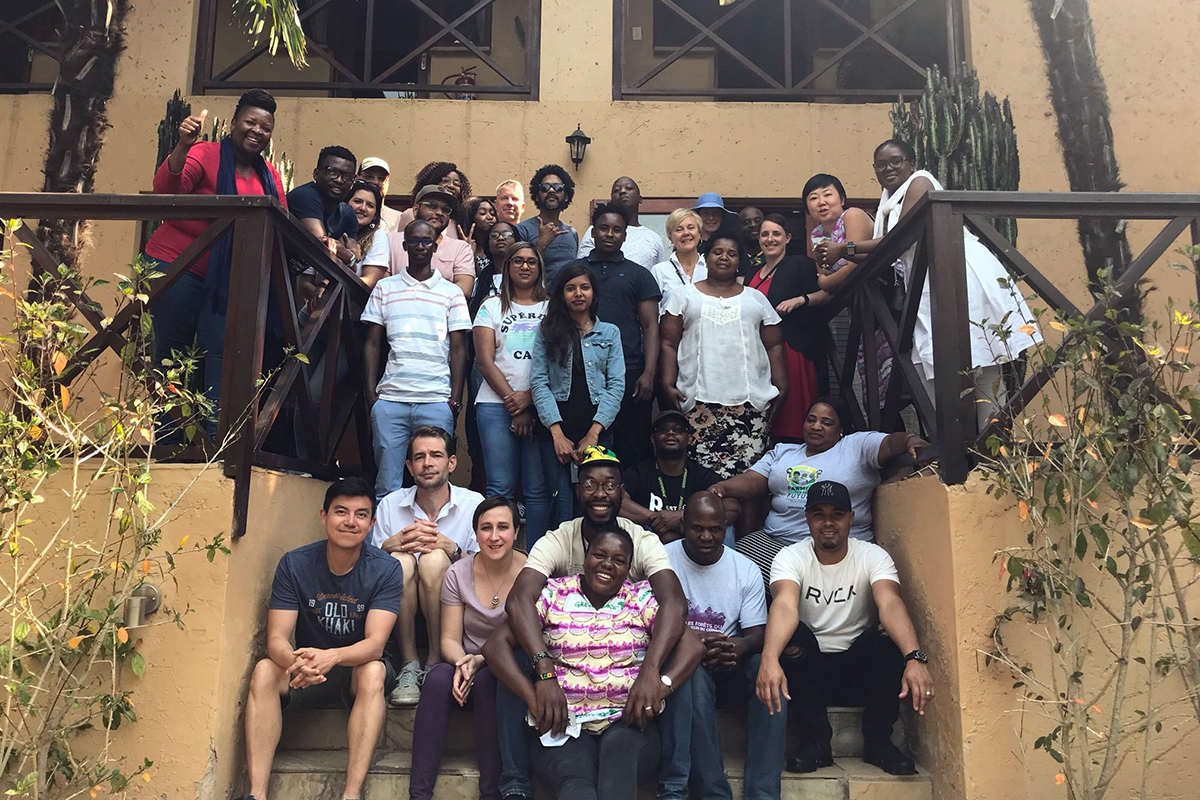I’m jumping on here to share the news that the University of Michigan has recently launched a free online course entitled Storytelling for Change. Available through the edX platform, this five-week course takes you through a series of lectures on the craft and theory of storytelling, and how stories can help us build the empathy necessary for social change.
In the Fall of 2018, I was approached by the good folks at the University of Michigan to be a part of this training. Speaking with professor Anita Gonzalez, I shared my thoughts on storytelling with frontline communities and how we work to tell stories as a global organisation. My interview can be found in the Storyboarding module.
Once the course was launched this year, I immediately registered and took the free course. I especially liked the distinctly craft-oriented approach Anita Gonzalez and the team at Michigan took. Today, many storytelling trainings promote a slick marketing approach (and also charge thousands of dollars!), but this course is refreshingly unique in its focus on the craft and artistry of storytelling, all while underlining the essential purpose of storytelling: to grow empathy.
The course has five modules:
- Module 1: Introduction: Belief Systems
- Module 2: Inciting Empathy
- Module 3: Story Structure Analysis, Audiences, and Social Change
- Module 4: Story Structure, Character Building, and Impact
- Module 5: Storyboarding
My favorite part of the course was playwriting professor and activist Jose Casas speaking on how he has been influenced by Teatro Campesino, a type of theatre started during the 1960s Chicano movement. Begun by Louis Valdez, Teatro Campesino presented a new model for how theatre could serve to address issues of immigration, race and exploitation in a direct and accessible way — with theatre literally leaving the stage and going into the fields where the people worked. This simple but radical idea — of meeting people where they are and speaking to them about issues they care about in a way they can understand — is one we still need to push in the environmental movement today.
For those who don’t have a background in the artistic tradition of storytelling (whether that’s the stage, fiction, poetry, visual arts etc.), this course presents an entry point to learning core ideas from professionals. For artists who are new to social activism, this course shows how their skills can be powerful tools to affect change. All you have to do is register for an edX account and dive in.
Another excellent free, online course is Stories We Live By. This course was developed by the University of Gloucester and focuses on ecolinguistics. If you’re interested in learning about frames and metaphors from an academic approach, this is a great place to go.
And if you’re interested in how you can build organizational narratives (or you just want to hear more from me), you can check out a webinar I gave for TechSoup on how organizations can build stories. Here I’m sharing a 10-step process I built for Greenpeace to surface collective organizational stories through a collaborative and democratic method.



